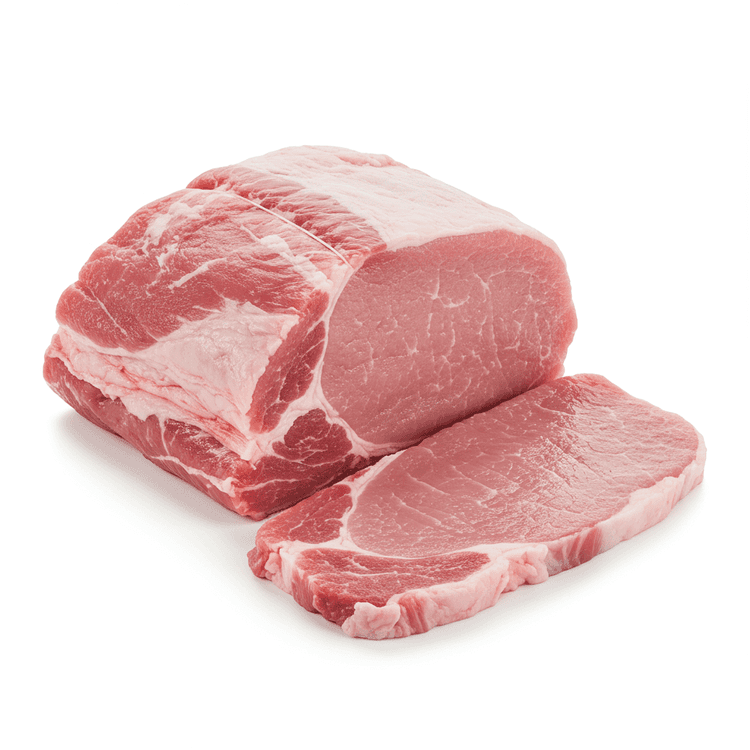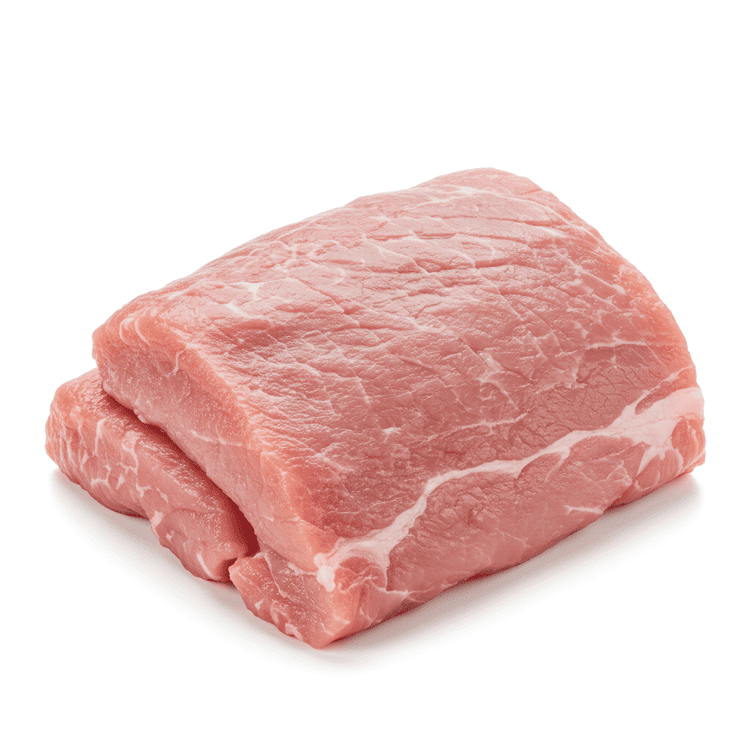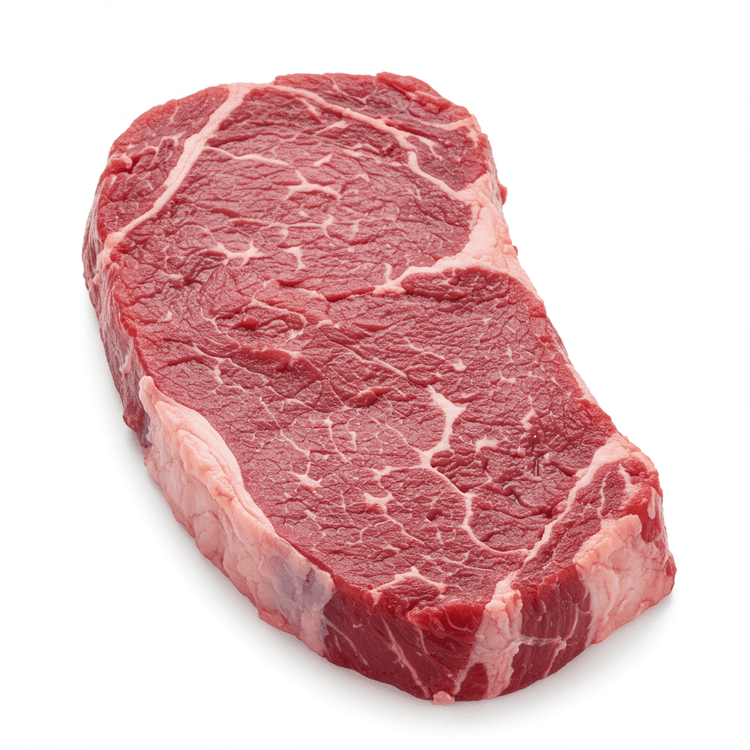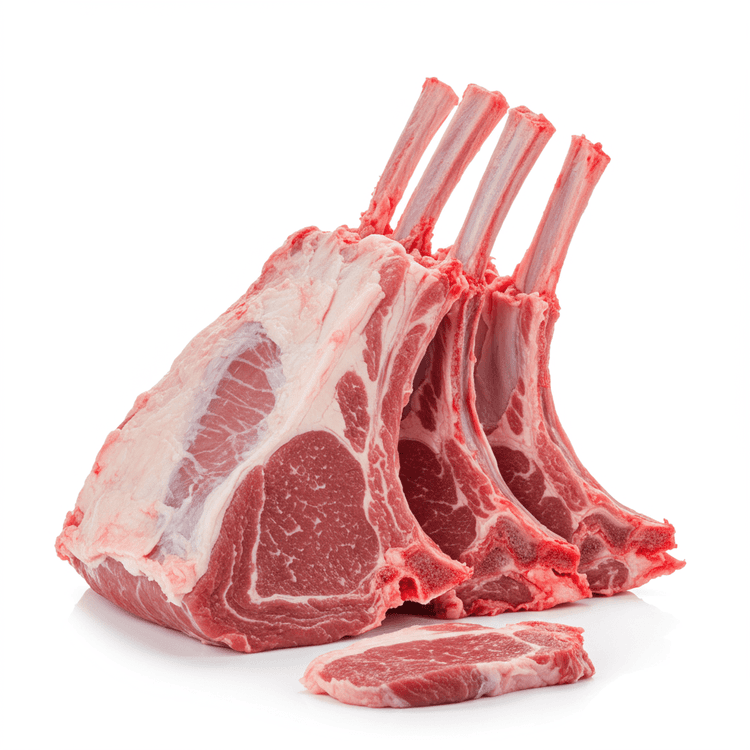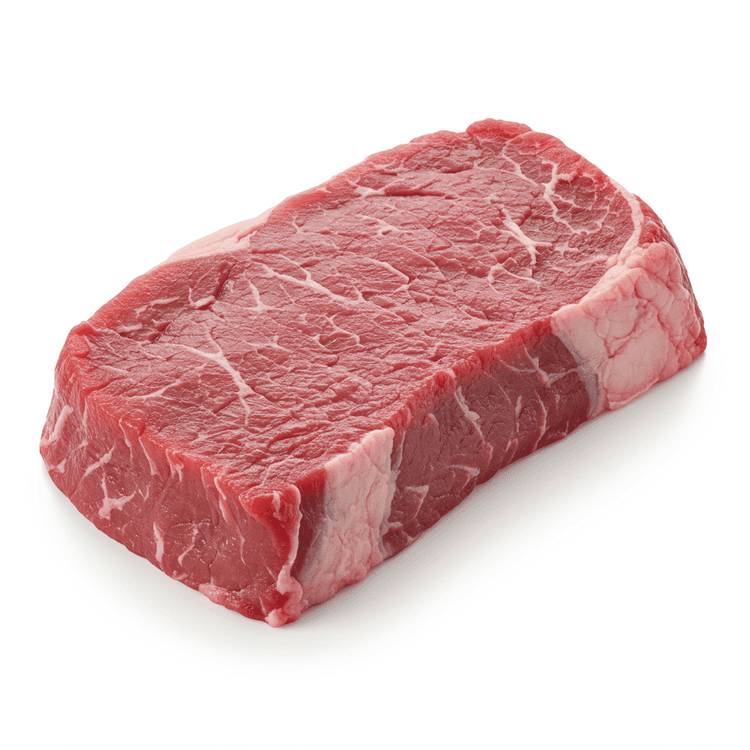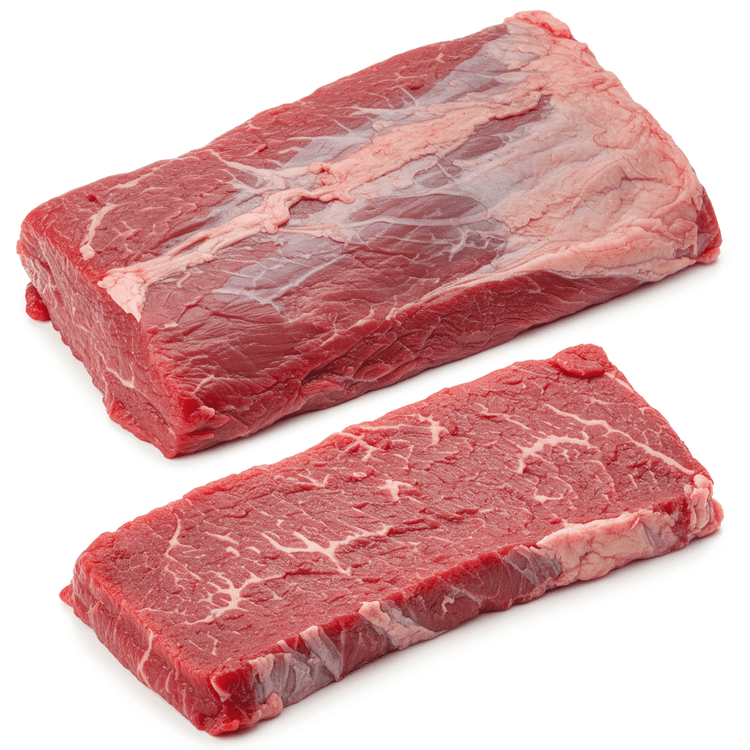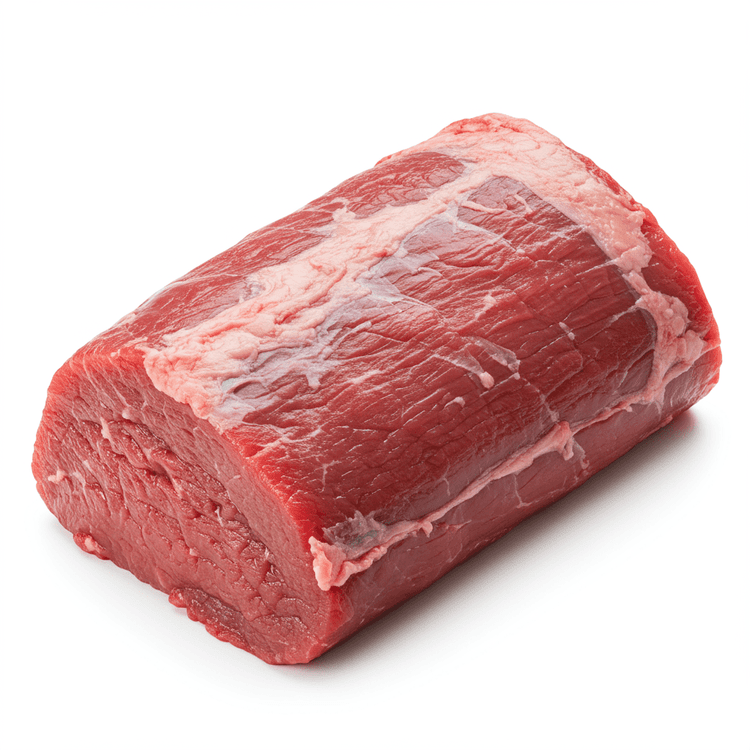
Beef Tenderloin
Beef tenderloin, also known as filet mignon when cut into steaks, is a prized cut of beef renowned for its exceptional tenderness. This lean and boneless cut boasts a buttery texture and a mild, delicate flavor. Its fine grain and lack of connective tissue make it incredibly easy to chew. In its raw state, beef tenderloin is a deep red color and has a cylindrical shape, often trimmed and tied for uniform cooking. For those seeking a truly premium and melt-in-your-mouth beef experience, beef tenderloin is an excellent choice.
Common Uses
- Beef tenderloin is often roasted whole, providing a stunning centerpiece for special occasions. The mild flavor allows for diverse seasoning and sauce pairings.
- Filet mignon steaks, cut from the tenderloin, are pan-seared or grilled to perfection. Sear on high heat and cook to desired doneness for maximum flavor and juiciness.
- Beef Wellington features tenderloin coated in pâté and duxelles, wrapped in puff pastry, and baked until golden brown. This classic dish is known for its rich flavors and elegant presentation.
- Tenderloin tips or medallions are perfect for quick and flavorful stir-fries. Their tenderness ensures they cook quickly and remain succulent.
- Thinly sliced beef tenderloin can be used in carpaccio, a raw beef appetizer. The delicate flavor pairs well with olive oil, lemon juice, and Parmesan cheese.
- Beef tenderloin can be ground to make exceptionally lean and tender ground beef. Ideal for burgers or meatballs where a delicate texture is desired.
Nutrition (per serving)
Nutrition (per serving)
Calories
205.0kcal (10.25%)
Protein
29.4g (58.88%)
Carbs
0.0g
Sugars
0.0g
Healthy Fat
4.2g
Unhealthy Fat
4.0g
% Daily Value based on a 2000 calorie diet
Nutrition (per serving)
Calories
205.0kcal (10.25%)
Protein
29.4g (58.88%)
Carbs
0.0g
Sugars
0.0g
Healthy Fat
4.2g
Unhealthy Fat
4.0g
% Daily Value based on a 2000 calorie diet
Health Benefits
- Excellent source of lean protein, essential for muscle building and repair.
- Provides iron, crucial for energy production and preventing anemia.
- Rich in zinc, supporting immune function and wound healing.
- Contains B vitamins, vital for nerve function and energy metabolism.
- Offers a source of creatine, which may improve exercise performance and muscle strength.
- Contains selenium, an antioxidant that may protect against cell damage.
Substitutes
Chefadora AI is here.
Experience smarter, stress-free cooking.
Storage Tips
Beef tenderloin is best stored in the refrigerator at temperatures below 40°F (4°C). Wrap it tightly in plastic wrap and then in foil or place it in an airtight container to prevent it from drying out and absorbing odors. It can be stored in the refrigerator for 3-5 days. For longer storage, freeze the tenderloin, properly wrapped, for up to 6-12 months. Thaw in the refrigerator before cooking for best results.
Marnirni-apinthi Building, Lot Fourteen,
North Terrace, Adelaide, South Australia, 5000
Australia
